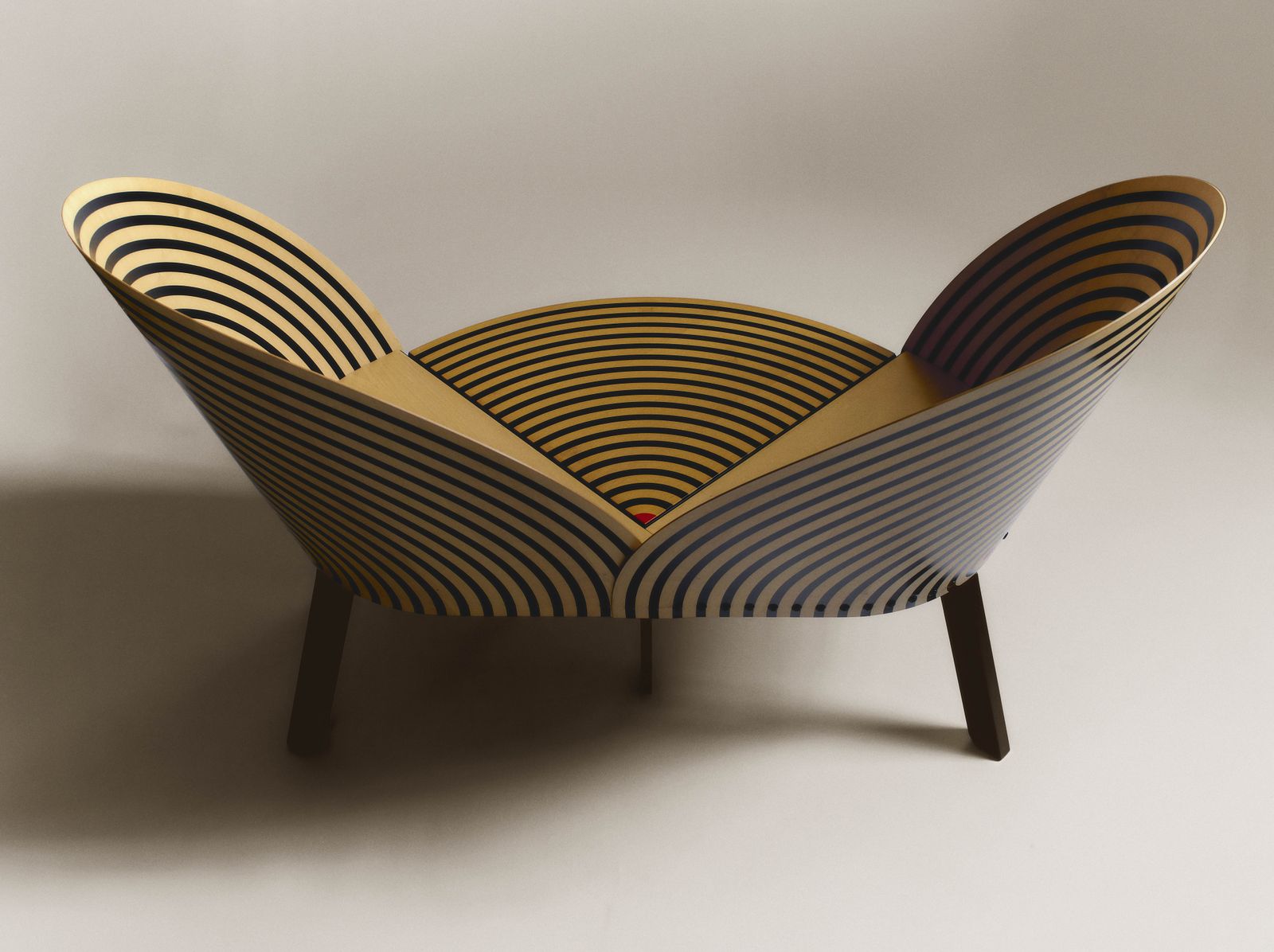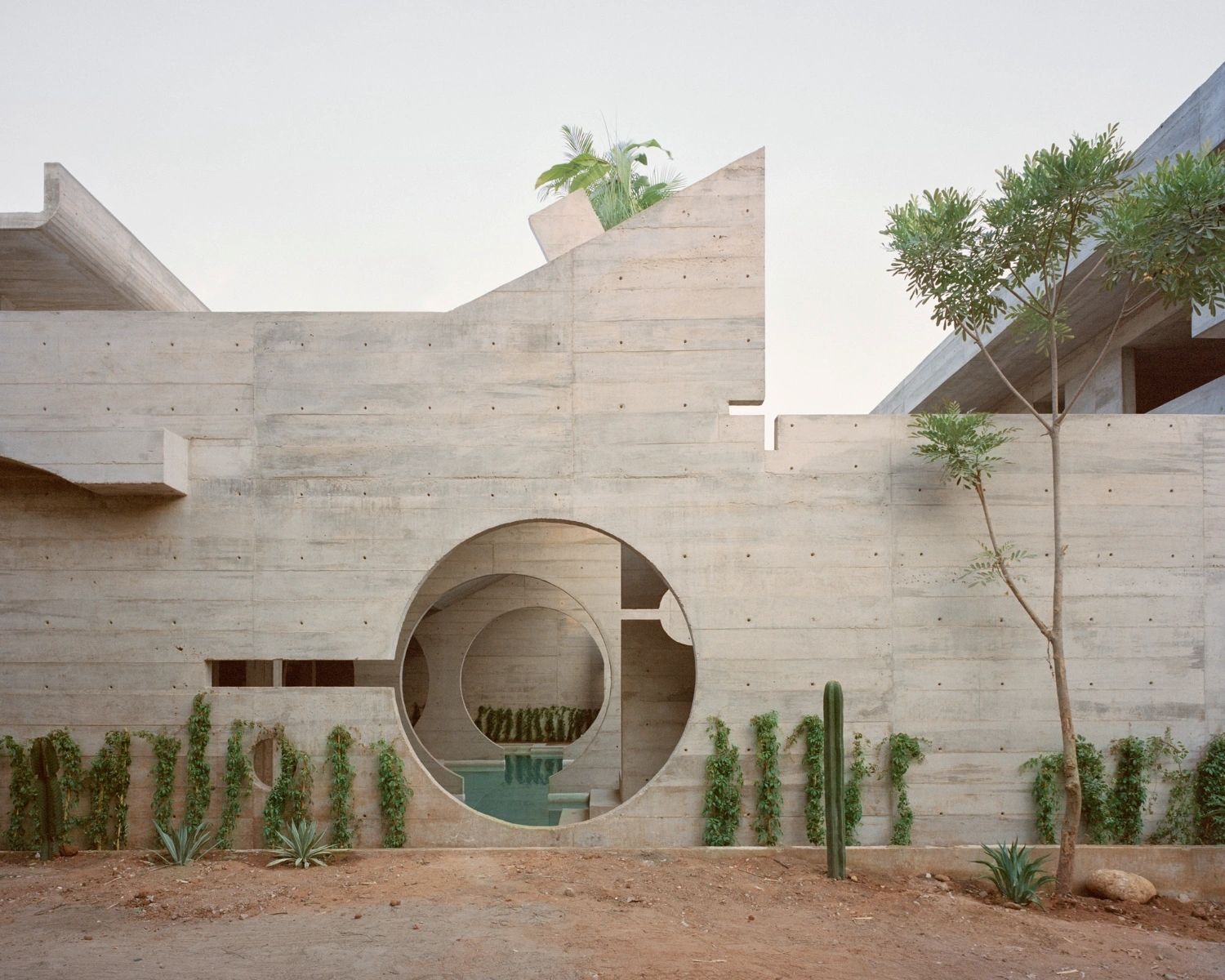| | Rosa Bertoli, global design director
Welcome to Weekendpaper*. This new Saturday newsletter from the Wallpaper* editors brings the best need-to-know stories, intriguing events and tempting purchases of the week, direct to your inbox. Consider it essential, curated reading to catch up with what’s happening in architecture, art, culture, fashion, travel, entertaining and beyond.
|
 |
 |
 |
As I return to the office after some time away, I am looking forward to sinking back into the ever-evolving world of design – my own remit at Wallpaper*. Upcoming excitement includes events like 3 Days of Design in Copenhagen (opening 18 June – see our preview, including a Nanna Ditzel reissue, pictured) and Hyères’ Design Parade festival (26-29 June), both effortlessly straddling the emerging movements within design and honouring its most long-lived players. Danish design also has a special place in my summer, as I have been judging the Danish Design Awards alongside stellar fellow jury members, with whom I’ve been discussing new products, life-enhancing systems and some of the best ideas coming from the country’s graduates – I’ll be able to share the winners in October. Meanwhile, this edition of Weekendpaper* has me longing to plot an escape to Mexico’s Puerto Escondido, where a responsible approach to tourism is resulting in remarkable hotels and holiday homes; hotly anticipating the first Pan-African architecture biennale; and eager to watch the debut episode of a new Wallpaper* video series. Enjoy your weekend. |
 |
 |
 |
 |
 |
 |
 |
 |
 |
Where to hole up on Mexico’s Oaxacan coast, fast becoming a hot spot of eco-conscious hospitality |
 |
Are you a ‘design-minded traveller inspired by the ethical but in need of something plusher’? According to our writer Eric Millman, Puerto Escondido could be for you. Known for its elite surfing and unique ecology, the town and its surrounding area on Mexico’s Oaxacan coast are also increasingly in demand for an architecturally adventurous approach to eco-friendly hospitality. Millman explored unique local holiday homes and hotels, from architect Ludwig Godefroy’s brutalist residence Casa TO (pictured) to the Wallpaper* Design Award-winning Hotel Terrestre, by Alberto Kalach, finding that regulations to avoid overdevelopment have spawned innovation. ‘A singular, ostensibly sustainable architectural style has emerged of late in the region, accommodating ecological demands while helping establish this laid-back coast as a rather unlikely centre of design innovation.’ Take his tour of the best places to stay.
|
 |
Watch our new video series, Work in Process. First up, a Royal Ballet principal dancer shares his approach to his craft |
‘Ballet dancers put a huge amount of time and energy into maintaining [their] bodies. You have to love the craft, that experience of honing something down to its most refined form,’ says William Bracewell, principal dancer at the Royal Ballet and the first subject of our new film series, Work in Process. The series, explains our head of video Sebastian Jordahn, ‘explores the fascinating and often very personal process of artists and makers across all kinds of disciplines. Wallpaper* has always documented the artist’s hand beautifully in print, and now we’re excited to capture the inner spaces of creative minds to document the process in creative pursuits in moving image.’ Episode 1 takes us behind the scenes of Bracewell’s preparation at the Royal Opera House, London.
|
The first Pan-African architecture biennale will address the ‘deliberate neglect of an entire continent’ |
‘The world loves African architecture – but only when it looks like a safari lodge,’ says architect Omar Degan, curator of the first-ever Pan-African architecture biennale, set to take place in Nairobi in 2026. ‘Meanwhile, across the continent, a different story is unfolding. Cities are confronting land rights, displacement, and climate crisis with resilience and imagination; communities are reclaiming indigenous technologies – from earth construction to water harvesting; architects are designing with urgency, care, and clarity in the face of systemic crises. But these stories are not being told. This biennale exists to change that.’ Ellie Stathaki spoke with Degan to discuss the festival's mission, vision and scope.
|
|
| |